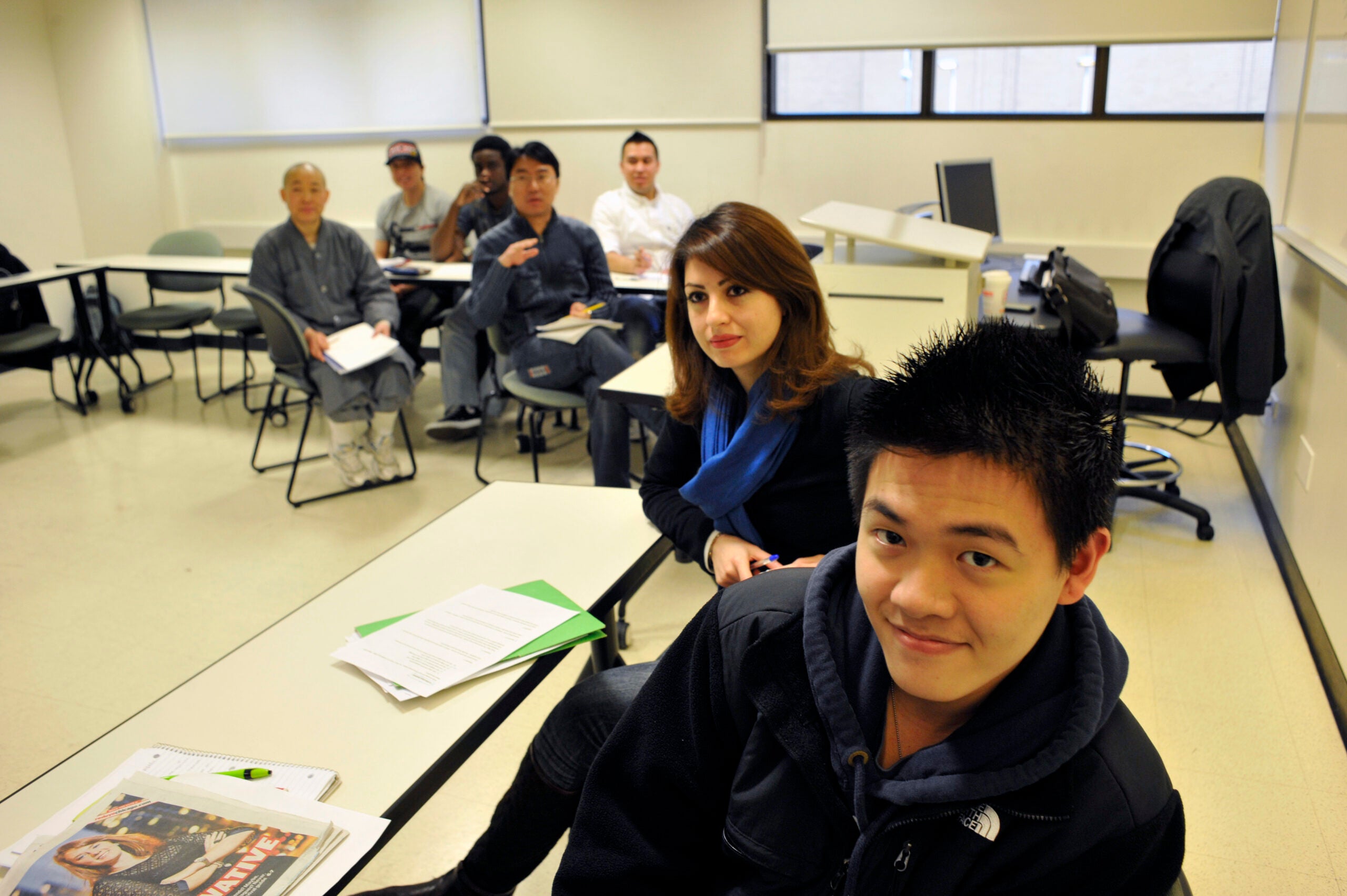Social and Applied Sciences
Dr. Domenico R. Ferri and Janvier Jones
Department Co-Chairs
 The Social and Applied Sciences Department is dedicated to providing the highest quality educational experience for all of our students. The courses that we offer represent both core and elective options in virtually every degree and certificate category.
The Social and Applied Sciences Department is dedicated to providing the highest quality educational experience for all of our students. The courses that we offer represent both core and elective options in virtually every degree and certificate category.The Social and Applied Sciences Department offers a broad range of coursework in: Africana Studies, Anthropology, Child Development, Criminal Justice, Economics, Education, Geography, History, Political Science, Psychology, Social Service and Sociology. While each distinct discipline represents a sophisticated and innovative approach to evaluating society, human interaction, social justice, and cultural diversity, the overall departmental goal is to empower students to examine critically and to affect positively their personal, professional and civic lives.
- Reason Theoretically: Analyze, question and implement key theoretical perspectives in the social and applied sciences.
- Value Diversity: Distinguish broad aspects of human and systemic diversity to value change and continuity within individuals, cultures and societies so that this can contribute to a just and equitable life.
- Utilize Methodological and technological skills: Evaluate and practice problem-solving skills that can be applied to the self, to others, and to social issues and phenomena of the past, present and future. Support ideas, decisions and actions with logically structured research through oral and written communications.
- Validate Community: Interact and work together in ways that demonstrate the importance of numerous communities and actors. Collaborate within school and in the wider world in ways that value connectivity, responsibility, and activism.
- Define and interpret civic engagement.
- Evaluate popular depictions of identity in order to determine the prevalence and impact of stereotypes.
- Analyze how and the extent to which civic engagement/activism has led to institutional change.
- Assess the quality of life within a community and devise strategies for improvement.
- Implement solutions in order to support community members.
Programs
Faculty and Staff
|
Name (click name for |
Discipline |
Phone |
|
Office |
|
Academic Secretary |
312-553-5740 |
1019 |
||
|
Anthropology |
312-553-5749 |
1024 |
||
|
Child Development |
773-217-0483 |
712 E |
||
|
Child Development |
312-553-6095 |
712 E |
||
|
Criminal Justice |
312-553-3126 |
1023 |
||
|
Economics |
312-553-5746 |
1007 |
||
|
History |
312-553-5742 |
712 D |
||
|
History |
312-553-3112 |
1022 |
||
| Juanita Del Toro | History and Latin American/Latinx Studies | 312-553-3024 | jdeltoro5@ccc.edu | 1026 |
|
Political Science |
312-553-5702 |
1026 |
||
|
Psychology |
312-553-6094 |
1023 |
||
|
Dana Cole |
Sociology |
312-553-5740 |
dcole1@ccc.edu |
1026 |
